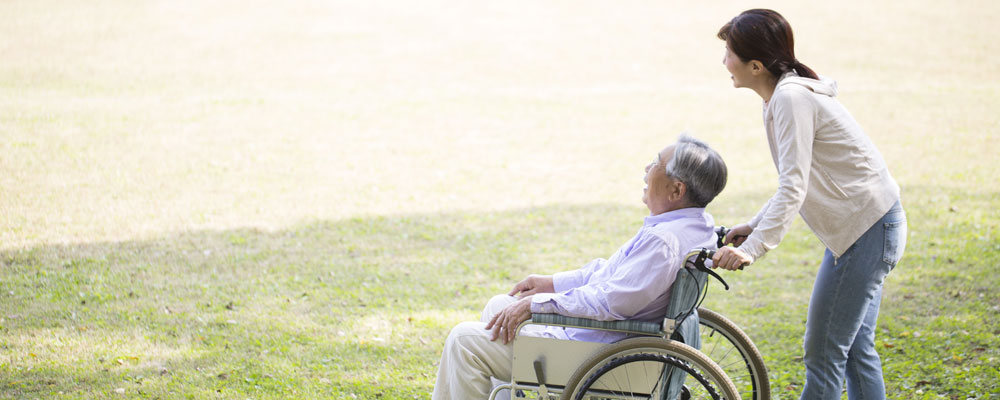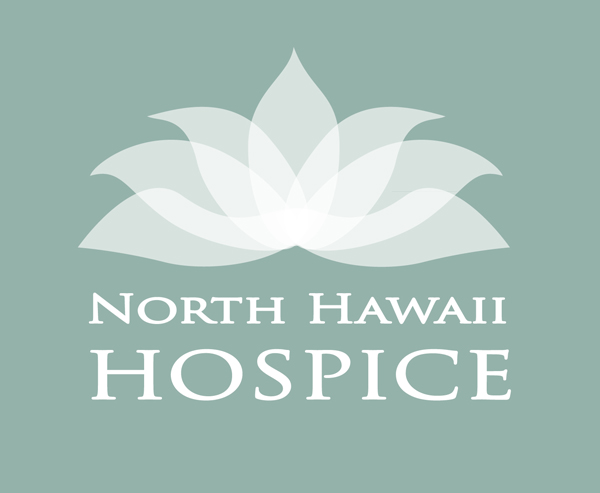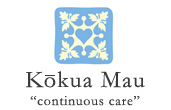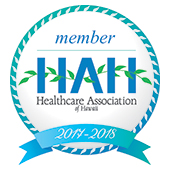
What a wonderful gift you are at the darkest time for a family.” — the family of a NHH patient
Often, people are surprised to learn they or their loved ones are eligible for hospice care. When they learn how NHH can help, they are relieved and comforted.
Here are some common misconceptions about hospice explained and answers to some frequently asked questions:
Q. Is Hospice only for people with cancer?
A. No. Hospice care is for anyone with a variety of terminal illnesses, not just cancer.
Q. Is Hospice only for the elderly?
A. No, Hospice is for all ages. NHH has helped newborns and children as well as patients in their 90s.
Q. Is Hospice only for the very last days of dying?
A. No. While some patients do enter the program during their last days of their terminal illness, hospice can do the most for patients, including management of pain, if they enter far earlier.
Q. Can I leave the Hospice program once joined?
A. Yes. Those who enroll in hospice care are able to leave hospice care whenever they choose, should new treatment options become available or if their illness stabilizes rather than progresses.
Q. Does asking for Hospice help mean there is no further hope?
A. Hospice actually brings hope to patients and families. Upon entering hospice, many patients find relief from pain and anxiety and gain energy and clarity. Often, they are able to live more fully and comfortably, allowing their families to feel more at ease.
Q. Is receiving hospice care taking charity?
A. No patient ever pays for hospice care. Yet, it is not charity. Medicare, Medicaid, and private insurance, all of which the patient has paid for in one form or another, reimburses the hospice organization for a majority of its costs. (Patients who have no insurance can receive care without such reimbursal.)
Q. How much will Hospice cost?
A. Hospice does not charge patients or their families for any of the services provided.
Q. Who pays for Hospice care?
A. No patient is denied Hospice care for financial reasons. If you have private insurance, we will do the paperwork for you. Medicare, Medicaid and other health insurance plans pay Hospice directly.
Q. Will the patient and family lose their privacy when accepting Hospice care?
A. There is an element of lost privacy with hospice care as professional staff and any requested volunteers enter the homes of patients and their families. However, the hospice staff and volunteers are focused on being sensitive to the patient and his or her needs. Staff do not make judgments about patients’ lifestyles or choices.
Q. Is Hospice only for people of a certain class or ethnic background?
A. Hospice consistently works with patients and families that reflect the full range of diversity in our community, from Ookala to Waikoloa, from Waimea to Kapaau. NHH respects the traditions and attitudes of all people, and serves people of all races, religions, and cultural identities. Hospice care is designed for each individual and responds to families’ values and wishes.
Q. Is it true the terminally ill patient will still be in pain no matter what?
A. Pain management and improving the quality of life for people living with a terminally illness is one of hospice’s main objectives. NHH nurses are specially trained to help patients with pain and to work with patients’ doctors in this area.
Q. Is Hospice a place or a facility?
A. Hospice is not a place, but a philosophy of care for people with terminal illnesses. NHH helps people to live at home, surrounded by the place and people that make them feel most comfortable. While NHH does have a “hospice bed” in the North Hawaii Community Hospital, it is dedicated to assisting patients remain outside of hospitals and institutions.
Q. Will being enrolled with hospice result in hardship on a patient’s family and friends?
A. Hospice provides significant help to families and friends of hospice patients. Families and friends receive assistance from NHH in the form of guidance, respite from care giving, help with daily chores, communicating with doctors, and grief and bereavement counseling. Hospice support leads to less loneliness, despair, and disabling fatigue in caregivers.
Q. Once a family accepts hospice care, do they have other caregiving alternatives?
A. NHH works closely with the family to avoid a breakdown in caregiving. Often the staff can help families recognize and arrange for the help they need, including visits from home health aides. NHH also has a team of well-trained, dedicated volunteers who can help family members when they are feeling overtired or unable to juggle their many responsibilities. NHH can offer extra volunteer support when a family needs additional, temporary respite and assistance. In addition, in certain special situations, NHH can offer five days of respite care at a local hospital. NHH also respects people’s right to decide what is best for themselves. If hospice is not the best care option for the patient and family after all, NHH works with the family to find the best alternative.



